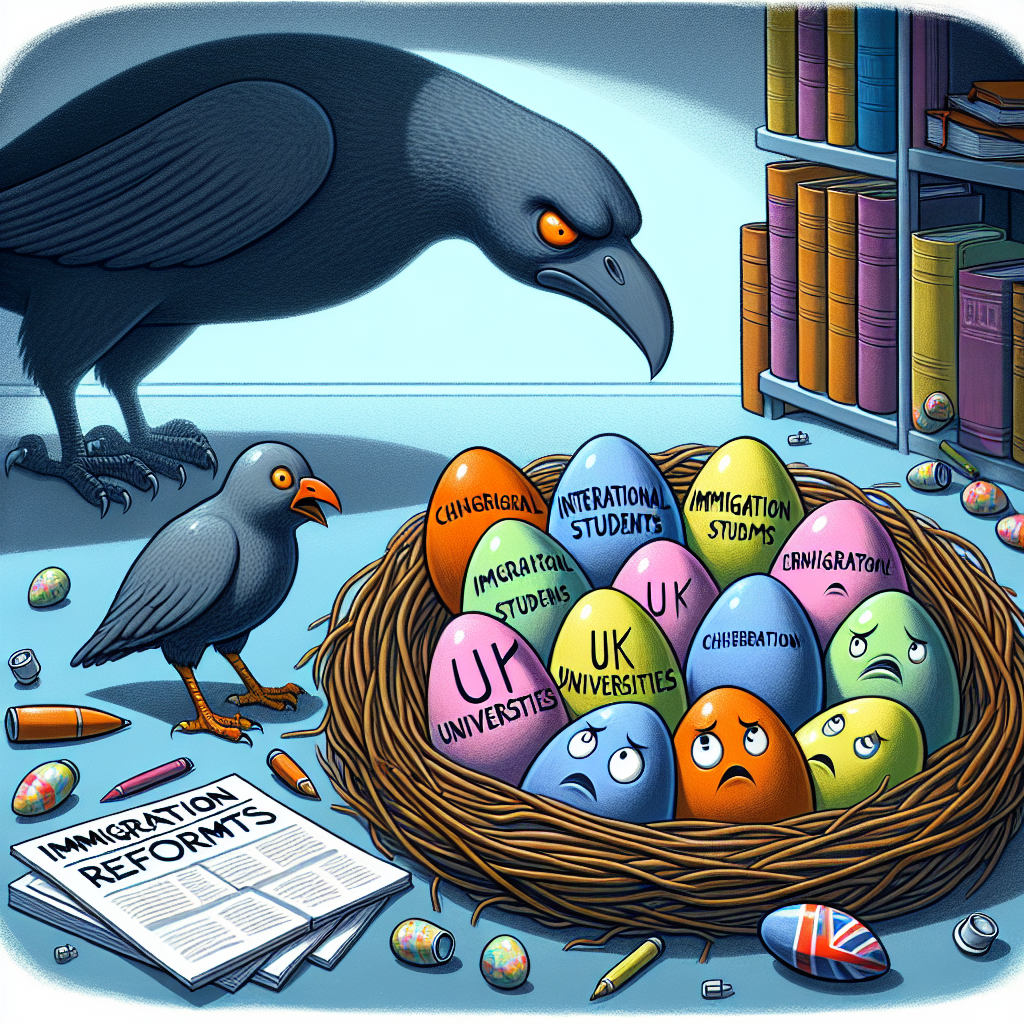The changing face of the United Kingdom is set to redefine the nation’s identity, as new demographic projections highlight the profound impact of immigration on British society. Increasing migration and evolving population trends are prompting a nationwide conversation about what the future holds for the country.
Recent analysis conducted by Professor Matt Goodwin of the University of Buckingham has ignited significant debate surrounding the future demographic makeup of the UK. According to his report, the White British population—which currently stands at 73%—is projected to become a minority by 2063. Drawing on data about migration, birth and death rates, and long-term population shifts, these projections provide a detailed glimpse into the future of British society up to the end of the 21st century.
Key findings from Professor Goodwin’s research reveal a striking timeline of demographic transformation: By 2050, White British residents are expected to make up just 57% of the UK population. By 2063, they will become a minority group for the first time, and by 2100, only about one in three people will identify as White British. These projections underscore the pace and scale of change that is underway.
Alongside shifts in majority populations, the proportion of foreign-born and second-generation immigrants in the UK is forecasted to rise significantly—reaching 33.5% by 2050, 47.5% by 2075, and over 60% by 2100. Notably, the Muslim population, now at 7%, is predicted to grow to 10% within 25 years and to 20% by century’s end. Professor Goodwin notes that such trends will mean only four in ten people will have deep generational roots in the UK by 2100, compared to eight in ten today.
The report raises important questions about how the UK will manage and adapt to this scale of demographic change. The findings highlight challenges for policymakers and communities alike as they navigate integration, identity, and resource allocation in an increasingly diverse society.
Immigration Policy and Political Debate in the UK
This research comes at a time when immigration policy is at the forefront of political discussions. In 2023, net migration hit a record high of 906,000, intensifying debates about border control, integration, and national identity. The government, led by Prime Minister Keir Starmer, has acknowledged shortcomings in recent immigration policies and is working towards reforms addressing both legal and illegal migration. Headlines have recently spotlighted public concerns as more than 1,000 migrants reportedly crossed the Channel in a single day, illustrating both the urgency and complexity of these issues.
The interplay between current migration patterns and long-term demographic shifts suggests that immigration will remain a pivotal topic for policymakers, local communities, and the wider public. Balancing national interests with humanitarian responsibilities is becoming an ever more delicate task in this era of rapid change.
Demographic Shifts: What Lies Ahead? The profound transformation anticipated in the UK’s population composition will have wide-ranging consequences for social cohesion, cultural identity, economic opportunities, and public services. Questions arise about how integration can be managed effectively and what systems must be in place to support both newcomers and established communities. As traditional majority groups transition into minorities, Britain’s concept of national identity will naturally evolve.
Understanding these demographic shifts is essential for ensuring that all residents can participate fully in society and benefit from shared opportunities. Fostering social unity amid diversity will require open dialogue, informed policy choices, and inclusive approaches from both leaders and citizens.
Exploring Deeper Implications of Demographic Change
For readers seeking more details on these projections and their broader significance, you can find further analysis in the original article: New graph shows White Britons set to become a minority. Examining such sources offers valuable context for understanding how demographic trends shape society’s present and future.
As we navigate these unprecedented demographic changes, it’s crucial to approach discussions about immigration with both open minds and well-informed perspectives. Thoughtful debate can help ensure that Britain remains welcoming, resilient, and united through its ongoing evolution.
Societal adaptation and cohesive policy responses will be key as the UK experiences shifting demographics over coming decades. Public engagement and evidence-based decision-making can help guide the nation towards a future where diversity is embraced as strength.
The demographic transformation facing Britain presents challenges but also opportunities for renewal and inclusion. By fostering understanding and cooperation among all residents, the country can chart a path toward a shared and prosperous future.
Stay informed as this vital conversation continues to unfold across communities, policy circles, and public discourse throughout the United Kingdom.









Leave a Comment